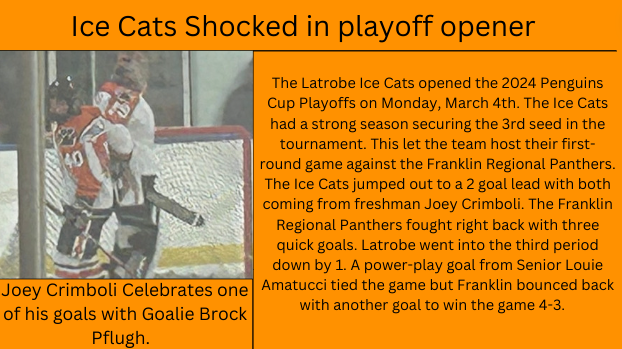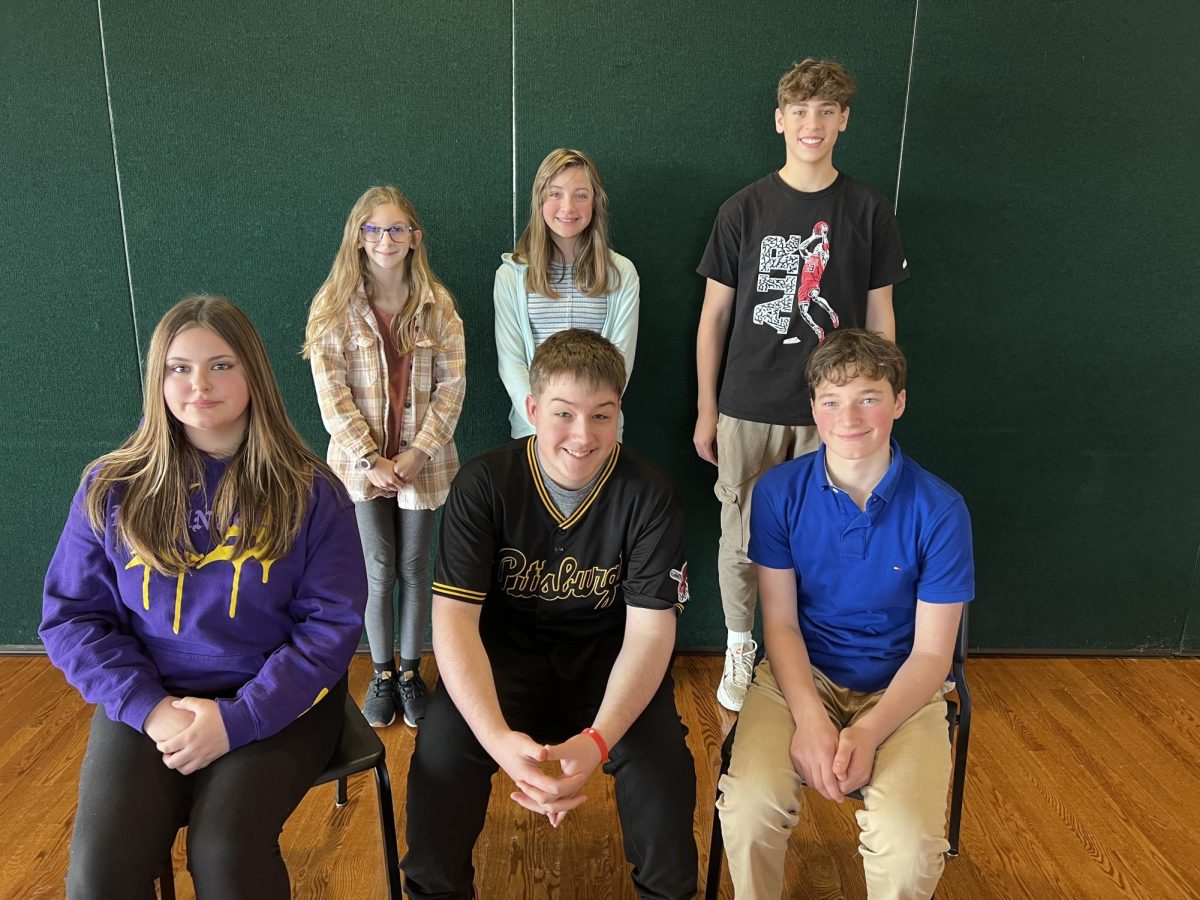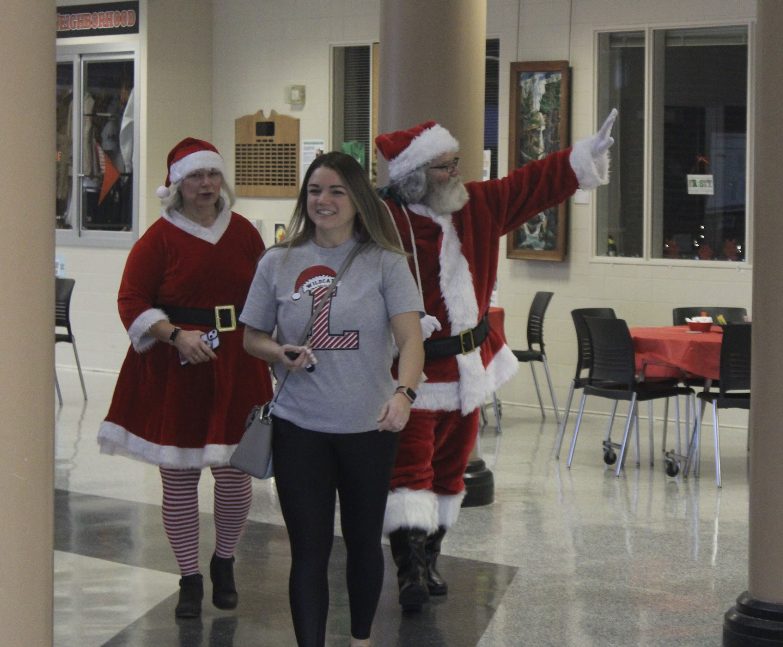For the past several years Capstone, an honors science course, has been working at the stream near Rotary Field, just below the high school. They have worked on altering the environment stopping erosion of the banks along side of the stream. On September 23 students of the Earth and Environment classes at Greater Latrobe High School will have the opportunity to see their work first hand. These students will be going down to the stream and taking part in a process called Electrofishing, to find the fish population. By doing this the students can see if past class projects have helped improve the environment at the stream.
Over one hundred students will be going on this field experience throughout the day. Students are split into two groups, one which will go in the morning and another that will go in the afternoon. Once the students are down at the field they will be split into two more groups. One group will be taking part in electrofishing with the help of the Western Pennsylvania Conservancy Freshwater Conservation Program employees (WPC) who will guide them through the process.. The other group will be learning about fish, their characteristics and adaptations, by working through information about them.
Electrofishing is a process in which the students will be able to see how many different species of fish are living in the stream at Rotary Park. “We are electrofishing to get the number of fish and different species to get a better idea of the condition of Nine Mile Run and how the structures that previous classes have put in are affecting the stream” senior, Valarie Dunlap, a member of Capstone, said. The students will be given waders and an orientation by the WPC employees covering all the safety measures. They will then net and collect fish, identify the fish that they have caught and then release them back into the stream.
This year’s Capstone class is different than it has been in the past. The students will be participating in more field work and taking trips to similar places where other streams are being restored. The whole class will be revamped, teacher Mrs .Wright said. Many more environmental topics will be discussed and debated. She hopes to bring more of every topic in the school into the class which is what she feels was the original purpose when the class was first started.
Classes taking part in this trip to Rotary Field will be able to learn much information from this experience. Using the information they can continue to improve the condition of the stream and the number of fish that live in it. With this project not only do the students gain valuable information about the stream but they gain valuable knowledge.







